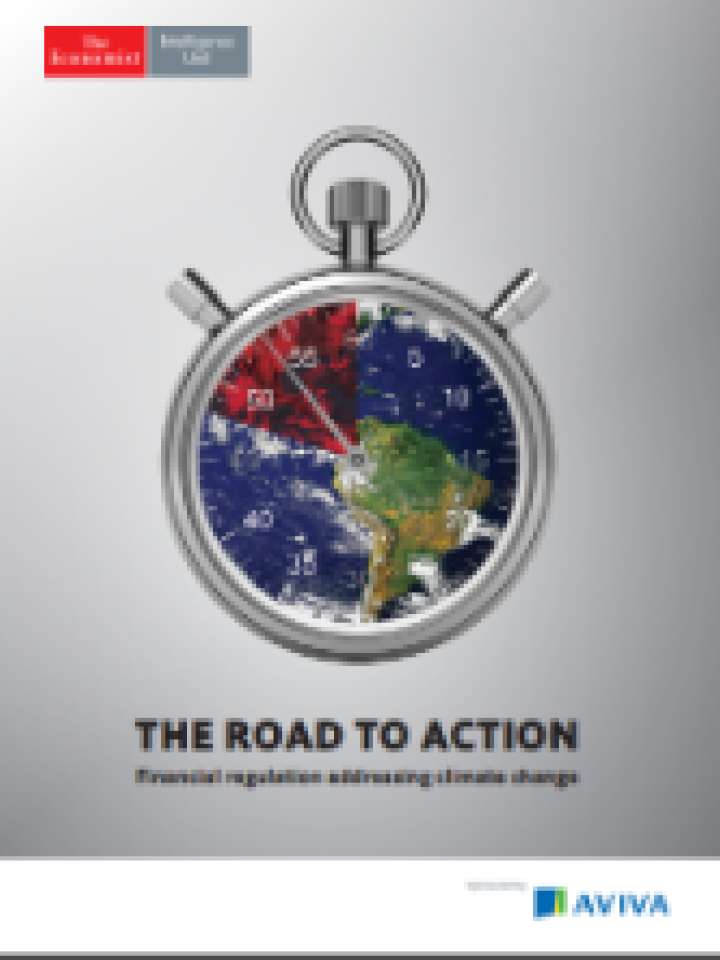The road to action: Financial regulation addressing climate change
This report reviews the issues relating to climate-related financial disclosure and investigates the mandates of ten different international, EU and UK financial institutions to consider their roles in supporting climate-related financial risk reporting.
Key findings include:
- The Task Force on Climate-related Financial Disclosure (TCFD) of the Financial Stability Board (FSB) is widely regarded by interviewees as having the clearest mandate to provide possible solutions.
- Six institutions (the IMF, the World Bank, the Financial Stability Board, the European Insurance and Occupational Pensions Authority, the Bank of England and the UK Prudential Regulatory Authority) do have mandates that cover risk and stability.
- Three international institutions—the International Organisation of Securities Commissions (IOSCO), the International Association of Insurance Supervisors (IAIS) and the Bank for International Settlements (BIS)—seem to be failing to act fully on their existing mandates in terms of setting climate-related risk standards and ensuring stability.
- Key stakeholders believe that the international forum of the G20 is best placed to initiate a process that would assign an institution to develop regulatory standards.
- Multilateral institutional standard-setters such as the World Bank and the IMF can, through their lending and grant-making activities, establish a best-in-class practice for climate-related financial risk reporting.
- The BoE has already taken the lead in conducting research on the channels through which climate change and the policies to mitigate it could affect monetary and financial stability objectives.
- Of the more than 400 disclosure standards currently in operation, almost all are voluntary and non-financial in nature.
- There remains a lack of international consensus on what constitutes a material climate risk, particularly at the sector, subsector and asset-class level.
- Internationally accepted, integrated accounting standards which incorporate climatechange-related risks would reduce investor and financial stability risks
- Standardised and regulated scenario analysis is needed to allow asset owners and asset managers to understand how climate change would affect investment return.
These findings indicate that persuading businesses, asset owners and asset managers to consider the long-term viability of their portfolios in terms of both climate impact and vulnerability to radical regulatory change is vital to meeting the broader targets of the SDGs. If they do not, or will not, consider their impact, they risk being left with assets that have lost all value, with resources that cannot be exploited because emissions regulations may prevent them from being used, and with models that are not viable in a business environment where the emphasis is shifting from purely profit to profit and planet.
Explore further
